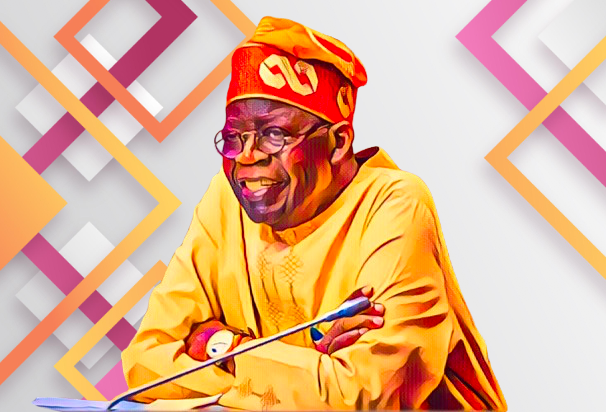The Federal Executive Council (FEC) of Nigeria is set to receive a crucial report from the Tripartite Committee on Minimum Wage this Tuesday. This report could lead to significant changes in the country’s wage structure. There has been disagreement between the government and labor groups about the appropriate level of minimum wage.
The Tripartite Committee concluded discussions on June 7, 2024, with a proposal from the federal government to set the minimum wage at N62,000. However, organized labor groups have strongly opposed this and are demanding a minimum wage of N250,000. They have made it clear that they will not back down from this demand. The report containing the committee’s findings and recommendations has been submitted to the office of the Secretary to the Government of the Federation. It is expected that President Bola Tinubu will present these findings to the FEC for further discussion.
During a recent Democracy Day dinner in Abuja, President Tinubu discussed the issue, stating that his administration aims to implement a wage “that Nigeria can afford.” He emphasized the need to balance the country’s economic capabilities with the needs of its workers. Labor representatives have continued to advocate for a higher minimum wage than the government’s offer. They have used various platforms to appeal for a wage increase that exceeds the proposed N62,000, emphasizing their refusal to accept what they consider a “starvation wage.”
The next steps involve the FEC’s consideration of the committee’s report to decide on a final wage figure, which will then be included in a new Minimum Wage Bill. This bill will be submitted to the National Assembly as an Executive Bill for review and approval. It has been noted that the Minister of Justice and Attorney General of the Federation will be responsible for drafting the bill for legislative action, given the expiration of the previous Minimum Wage law on April 1st, 2024.
In response to concerns about delays in finalizing the new wage, Minister of State for Labour and Employment, Nkiruka Onyejeocha, assured workers during the recent Workers’ Day celebration. She committed to backdating the effective date of the new minimum wage law to May 1, 2024, to ensure that workers do not suffer financially from the prolonged negotiations.
Minister Onyejeocha expressed her dedication to collaboratively resolving the wage dispute with organized labor to quickly conclude negotiations for a successful outcome. She emphasized the government’s unwavering commitment to securing a fair and timely resolution for all Nigerian workers.
The outcome of the FEC’s deliberations and the subsequent legislative process will significantly impact the economic operations for millions of workers across the nation as the government and labor unions continue negotiations, each advocating for terms they believe will best serve the country’s long-term economic health and the welfare of its workforce.


